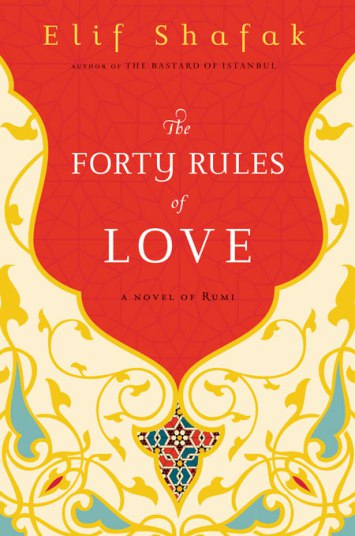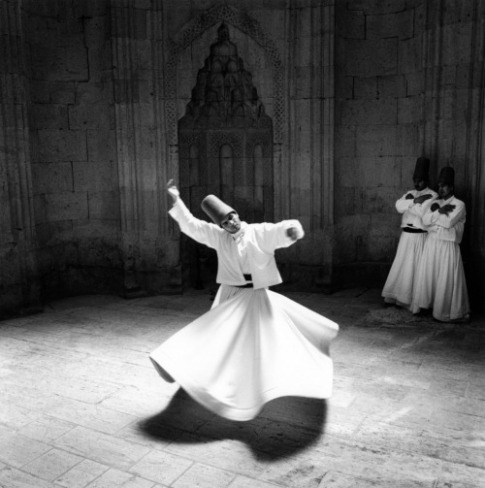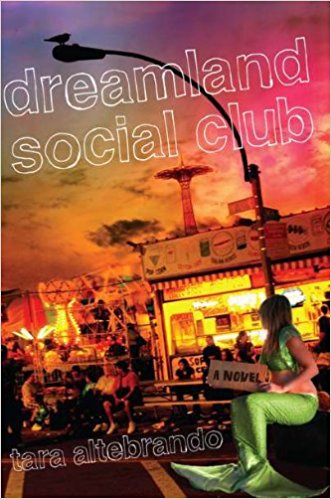
3/5 Stars,
“Love is the water of life. And a lover is a soul of fire! The universe turns differently when fire loves water.” ~Elif Shafak
You could quote and quote, endlessly, from this book. I have never highlighted text in a book this much before (…the mania to collect all the 40 rules…and the musings of Sufi philosophy….Irresistible). For example : –
“Is there a way to grasp what love means without becoming a lover first? Love cannot be explained. It can only be experienced. Love cannot be explained, yet it expalins all.” ~Elif Shafak
OR
“It is easy to enjoy the good and dislike the bad. Anybody can do that. The real challenge is to love the good and the bad together, not because you need to take the rough with the smooth but because you need to go beyond such descriptions and accept love in its entirety.” ~Elif Shafak
Now, I generally don’t read romance novels, generally!, but you throw in a ‘Historical fiction’ with insights in ‘Sufism‘ by telling the tale of ‘Rumi’ & ‘Shams of Tabriz’ in 1230’s Konya, and you have my full attention.
Blurb from Goodreads:- Elif Shafak unfolds two tantalizing parallel narratives—one contemporary and the other set in the thirteenth century, when Rumi encountered his spiritual mentor, the whirling dervish known as Shams of Tabriz—that together incarnate the poet’s timeless message of love.
Ella Rubenstein is forty years old and unhappily married when she takes a job as a reader for a literary agent. Her first assignment is to read and report on Sweet Blasphemy, a novel written by a man named Aziz Zahara. Ella is mesmerized by his tale of Shams’s search for Rumi and the dervish’s role in transforming the successful but unhappy cleric into a committed mystic, passionate poet, and advocate of love. She is also taken with Shams’s lessons, or rules, that offer insight into an ancient philosophy based on the unity of all people and religions, and the presence of love in each and every one of us. As she reads on, she realizes that Rumi’s story mirrors her own and that Zahara—like Shams—has come to set her free.”
‘Sufi’, the word itself has taken an almost synonym status as ‘Poet’, ‘Lover’, ‘Singer’ ‘Enlightened soul’, ‘Peaceful’, ‘Romantic’, ‘Devotional’ ,in almost everything, ‘such a Sufi voice’, ‘such a Sufi weather’, ‘Such a Sufi soul’ so a book delving into it is interesting in the extreme. We Indians love music, and I personally love Sufi music a lot, it has such soul in it, incomparable. So, the best thing about this book among it’s two timelines of parallel stories, one in Konya 1230, the other in Northampton 2008 was undeniably the former, the story of ‘Shams of Tabriz’ and ‘Rumi’, in my opinion the sub text to the title should have been ‘A Novel of Shams‘ rather than ‘A Novel of Rumi‘ but Rumi already did that himself, and this IS kind of an ode to his work, so I will let it go.
The book is well written, with plenty of text to inspire people by (I didn’t agree with all the rules, some just seem too vague or general, But, they are pretty….awesome), but the story of ‘Ella’ was so uninspiring and bland, sometimes outright irritating in comparison, that I had a difficult time drawing the parallels that were intended, if the whole story stayed in the 13th century I would have been a happy man, but you take the good and the bad …and ..all …that, so sure.
The story from Shams perspective and Rumi’s and the other people around them , gives the readers multiple windows to examine the world and views from, this I loved. The tale of Rumi’s transformation and Shams mission created many interesting tit-bits. Like the episode with the ‘Sema’ dance. All in all a good read.
 A Dervish performing the ‘Sema’ dance
A Dervish performing the ‘Sema’ dance
This book had a beautiful message, and for the most part a beautiful (if somewhat unsatisfactory) way to tell it. So, I recommend it to everybody interested in Love, or in Rumi, or in Sufism or History or Romance. So, read this and breathe in the wisdom of the Sufis, feel one with the cosmos and do the Sema with the whirling dervishes (I tried…in between….Its strangely liberating) and remember rule no. 40 says: –
Advertisements Share this:“A life without love is of no account. Don’t ask yourself what kind of love you should seek, spiritual or material, divine or mundane, Eastern or Western…..Divisions only lead to more divisions. Love has no labels, no definitions. It is what it is, pure and simple” ~Elif shafak





